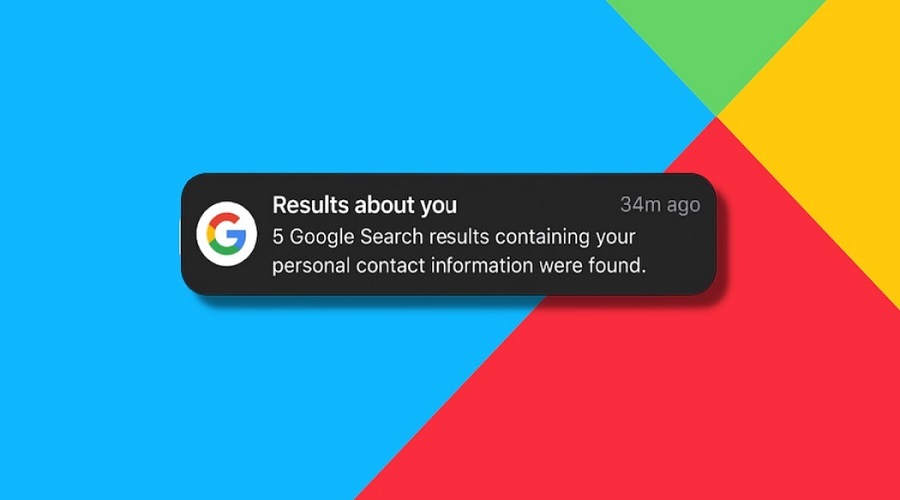
Starting today, people in the U.S. will be able to use Google’s new “Results About You” feature, which aims to provide a simpler way for people to get their sensitive personal information out of the company’s search results. Next year, Results About You will become proactive and allow users to opt in to alerts when new personal information related to them appears in search results, enabling users to request removal more quickly.
Google announced that it would officially launch Results About You, first unveiled at I/O back in May, at its Search On 22 event on Wednesday. With Results About You, users can request the removal of personally identifiable information with just a few clicks. This information includes physical addresses, phone numbers, and email addresses. The feature is also a hub for all of Google’s content removal policies, such as those for Social Security numbers and bank account numbers, and will direct users to the forms to request take down of that info.
According to Danny Sullivan, Google’s public liaison for Search, the company is cognizant that people have become more sensitive to having their personal information available for anyone to see. They’re just not comfortable with it, Sullivan told Gizmodo in an interview, and they’d prefer for that information to not be so readily accessible.
Before Results About You, Google had few ways to de-index personally identifiable information removed because the company has very limited policies for removal.
“Basically, if it’s not spam and it’s not something illegal—like we have laws we have to react to, like with child sexual abuse content—we tend to leave it there and trust in our ranking system to try to show the most helpful stuff that we can,” Sullivan said. He added: “But this was a case where we said there’s enough interest in having this type of thing, and we think that those concerns can be met without impacting the search results in a way that’s not making them less helpful to people.”
Results About You isn’t a feature hidden away in Google’s maze of a website. It’s available in the Google app. All you have to do is tap on your profile picture and choose Results About You from the drop-down menu. If you’re a Safari user like me, you can also access Results About You on individual search results.

Google told Gizmodo that once Results About You is fully rolled out, it will be available on Android, iOS, and on the web. Some Android users already received the feature last week.
For those who aren’t dedicated to covering tech, and even for those of us who are, Google’s policies around content removal can inspire many exploding head emojis. The company has a byzantine web of policies—from the removal of non-consensual images and fake porn to rules for doxing content or websites that charge you to remove your personal information.
All of these policies can make it difficult to know which one to cite or which process to go through when you request content removal. That’s something Results About You aims to change, Sullivan said. When you use the tool, it asks you what type of content you’re reporting for removal. Is it personal contact info or outdated info? Or is it something more serious, perhaps illegal? This allows Google to match the type of information you’re reporting to its policy on removing that content, the company told Gizmodo.
When it comes to how long it takes for Google to review removal requests, which will be analyzed by both humans and automated systems, Sullivan told Gizmodo that it’ll take a couple of days. If a request gets denied, there will be an appeal process available.
Overall, Google’s public search liaison wants people to know that the company has a new tool available to get personal information out of the search results of the most popular website in the world.
“If there’s something you are uncomfortable with about yourself in search, you have a new way of reporting it and maybe getting it removed in the right circumstances,” Sullivan said.
Source: gizmodo.com













